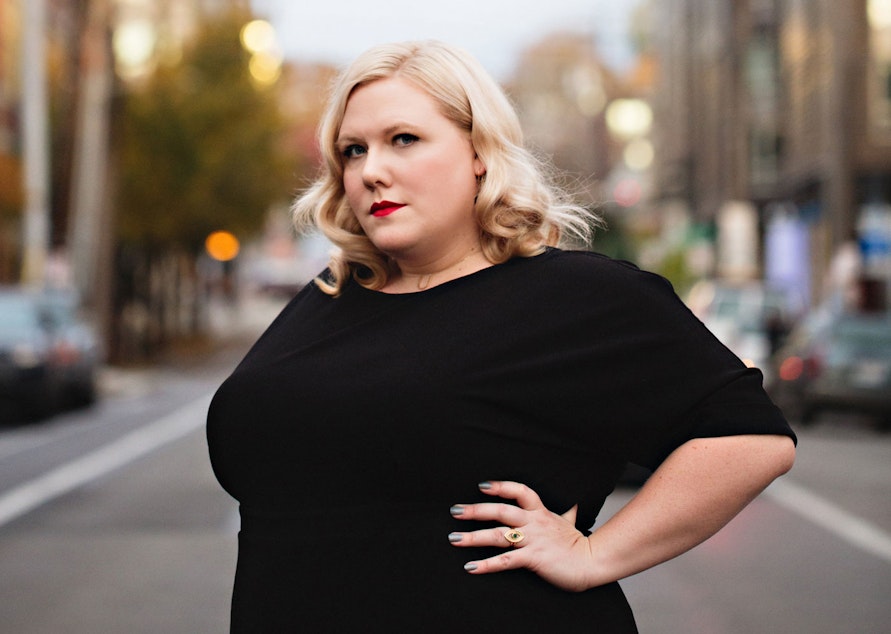Lindy West: 'I'm reclaiming the term witch hunt'

Lindy West knows what she wants men to do next. And it doesn’t involve making shameful public confessions or warning about possible “witch hunts” against powerful men.
“I don’t want to spend all my time shaming men and chasing men around,” West told Bill Radke. “It’s not like feminists want all men to be fired. We want you to change your behavior. Just go change your behavior. Don’t make me do a bunch more emotional work processing it with you.”
West talked to Radke about her recent New York Times column, "Yes, This Is a Witch Hunt. I'm a Witch and I'm Hunting You." In it she writes that the #MeToo movement has given power to the victims of sexual violence and harassment.
But West also thinks the movement highlights our tendency to treat violence against women as entertainment.
“I also feel conflicted about the way we demand these mass confessionals every few years … There’s something kind of lurid about it,” West said. “People really like consuming these stories as spectators and don’t necessarily follow through and actually take action.”
Sponsored
She asked why our culture's conversations about sexual assault puts the burden of proof on accusers. In most allegations leveled against Harvey Weinstein, the acts he committed were described in excruciating detail.
When the details of those stories are withheld, West asks: Do you feel a bit ripped off?
“There’s some kind of entertainment value that people find in it,” she said.
The consequences of affording women less agency appear everywhere, like in the recent resurgence of the term "witch hunt" to protect men — and in the number of white women who voted for Donald Trump.
“We know that 53 percent of white women voted for Donald Trump,” West said. “I think old, entrenched systems are really comforting for a lot of people. Change is terrifying. And I think that relinquishing control can feel really safe.
Sponsored
"You know, Donald Trump is a very old-fashioned, swaggering patriarchal figure, and there are a lot of people who take a lot of safety and comfort in the idea that someone else will solve your problems.”
As for why women would vote for someone accused of sexual assault: “If you realize you live in a world where violence against you is normalized, I think cozying up to the people enacting that violence seems like a safer option.”
West said she’s exhausted with the current conversation around gender and power, and she hopes intersectional feminism can start rebuilding what’s broken in our society.
“I guess I’ve been hoping that Megyn Kelly and #MeToo could be a sort of gateway drug to intersectional feminism for women on the right,” she said. “Because it’s bad out there.”
As for her controversial “witch hunt” column, West said she was referencing director Woody Allen’s comment that he’s worried about launching a Hollywood witch hunt, as well as other critics who raise concerns about false allegations.
Sponsored
West said statistics show that the risk of false allegations is small, and that the bigger problem is a justice system that often fails to punish sexual predators.
“The idea that it’s a tragedy for predatory men to feel afraid that something is going to be taken from them … God forbid you feel threatened for a minute,” West said.
Produced for the web by Amy Rolph.


